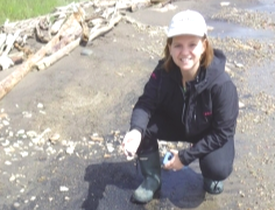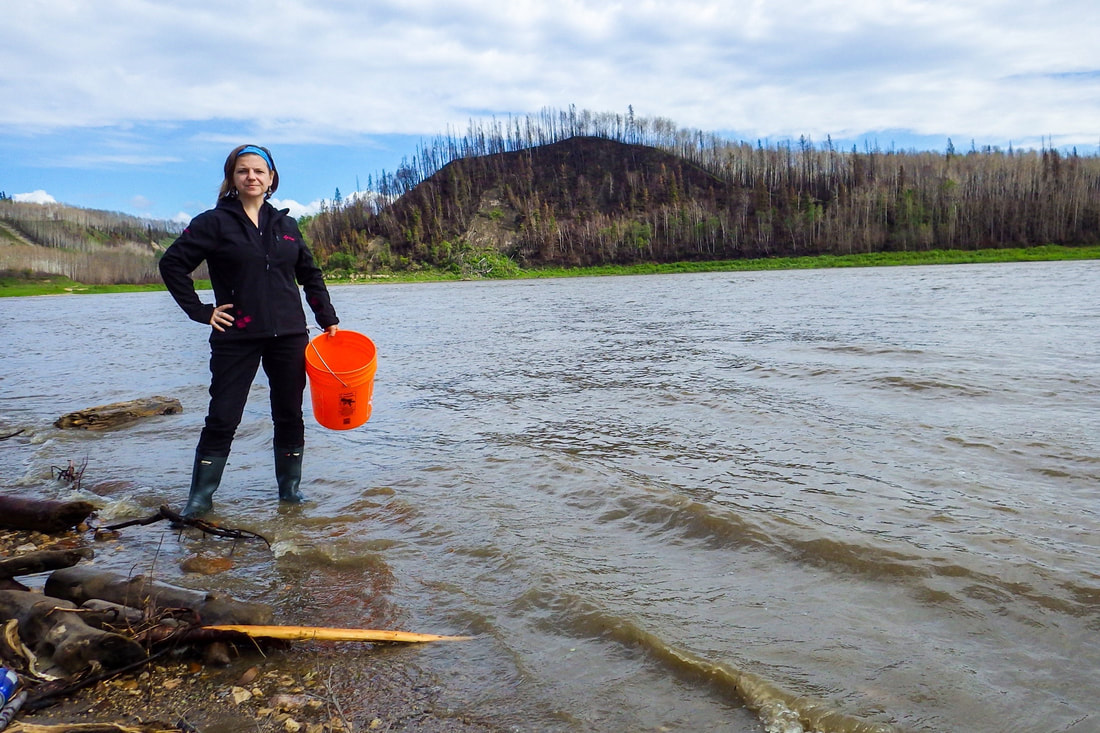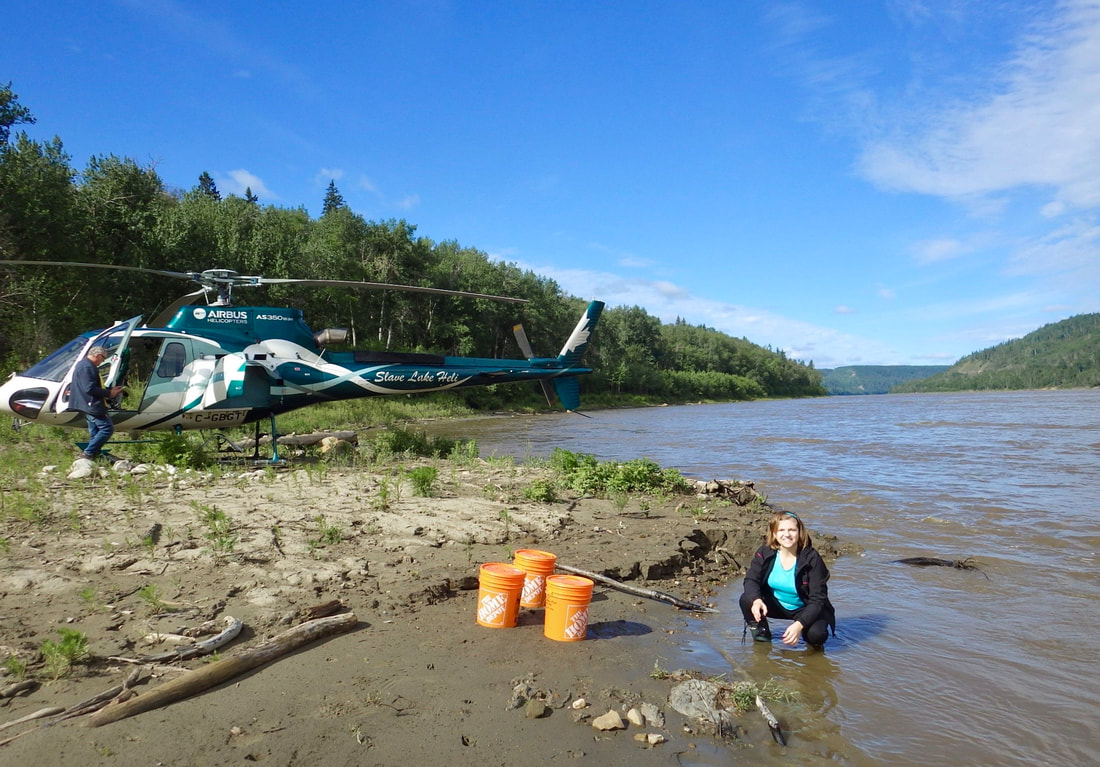 Forest fires are sweeping North America with detrimental environmental, economic and human impacts. Originally posted to Water Institute at uwaterloo.ca/water-institute/ on Aug. 20, 2018 A research team, led by University of Waterloo Engineering professor Monica Emelko, will receive $5.5 million from the Natural Sciences and Engineering Research Council of Canada’s (NSERC) Strategic Partnership Grant for Networks to provide new knowledge on the impacts of different forest management strategies on drinking water source quality and treatability. The network is co-led by professor Uldis Silins, a forest hydrologist from the University of Alberta, with whom Emelko co-leads the Southern Rockies Watershed Project. They were the first group cited by the Intergovernmental Panel on Climate Change in identifying climate change-associated threats to global drinking water security through water quality. “High-quality water supplies such as those in many parts of North America are at greatest risk from the threats of natural disturbances such as wildfires and floods,” said Monica Emelko, professor in the Department of Civil and Environmental Engineering and University of Waterloo Water Institute member. “These disturbances, exacerbated by climate change, are increasing in severity and are likely to result in a long-lasting legacy of water quality deterioration in several parts of Canada.” In Ontario alone, there have been over 120 fires this summer, according to the Ministry of Natural Resources and Forestry. Disturbances like forest fires are having an increasingly negative effect on source water and are posing a challenge to the design and operational response capacities of water quality treatment plants. In some cases, such disturbances have caused service disruptions. While forest management impacts on water have been well studied, little if any of that work has focused specifically on impacts to drinking water treatability. Emelko’s network forWater – brings together researchers, government agencies and industry professionals from different disciplines across Canada who are focused on understanding and developing response strategies to climate change threats. “Canada is neither unique nor exempt from climate change threats,” said Emelko. “Increasing swings in weather—rainy periods followed by long, dry hot periods—enhance the growth of vegetation that fuels wildfires in many regions. Fire danger increases with the right combination of temperature, humidity, winds, and rainfall. More days of higher fire danger means more risk of wildfires—it’s not ‘if,’ but ‘when’. And our water supplies are often especially vulnerable.” Safe drinking water is one of society's most critical needs. Most Canadians are just becoming aware of how fragile this essential resource is, and of the potentially catastrophic effects that natural disturbances—intensified by climate change—can have on drinking water security. “The water used by the majority of Canadians, Americans, and many others globally originates in forests,” said Emelko. “Traditional approaches for protecting these critical water supplies cannot protect them from the potentially devastating effects of mother nature. The forWater Network is leveraging diverse expertise in water quality and treatment, hydrology, forest management, and resource economics to provide the critical new knowledge and technologies needed to build resilient, adaptive communities. This starts by ensuring water security in Canada and globally.”
1 Comment
|
forWater NetworkThe Network provides insights into new scientific research for safe, secure drinking water---globally---which starts with resilient forests Archives
October 2023
Categories |



 RSS Feed
RSS Feed

